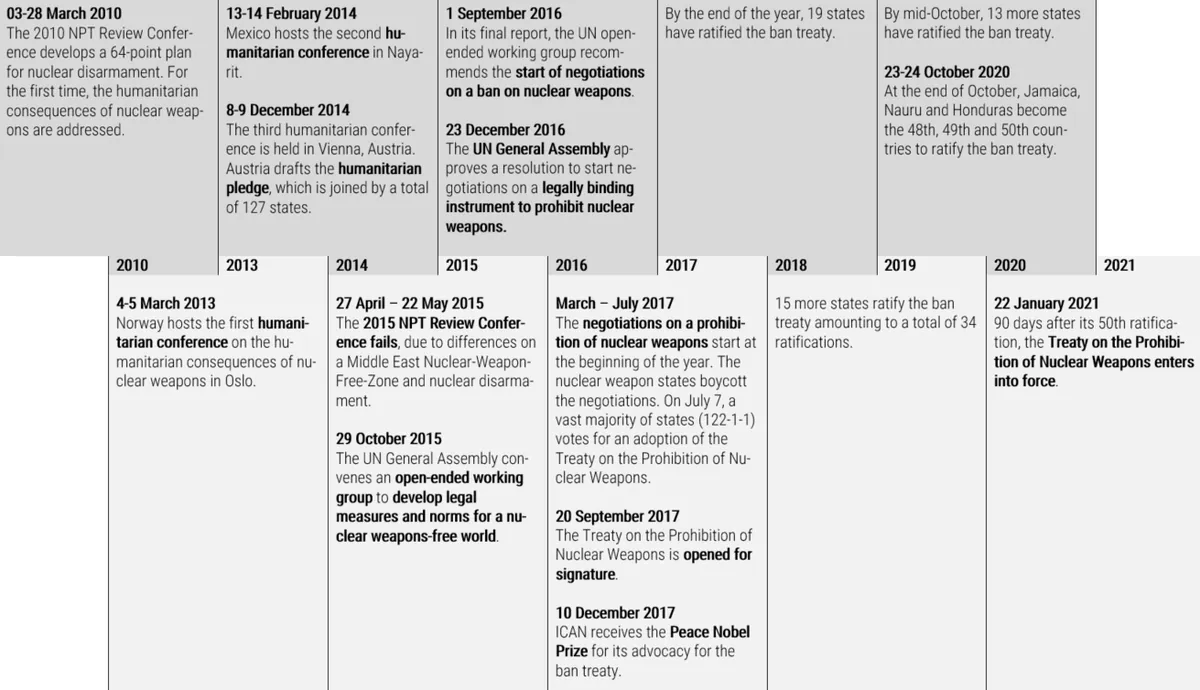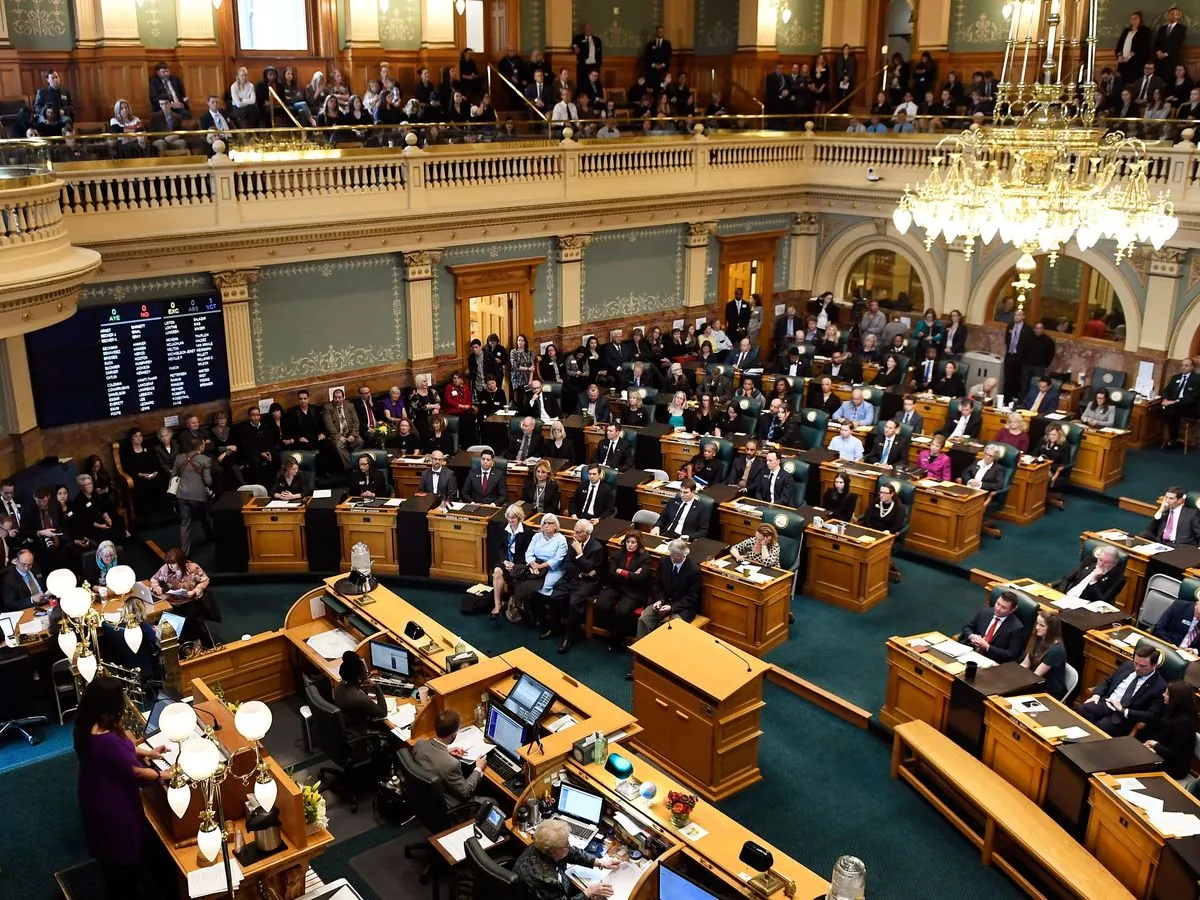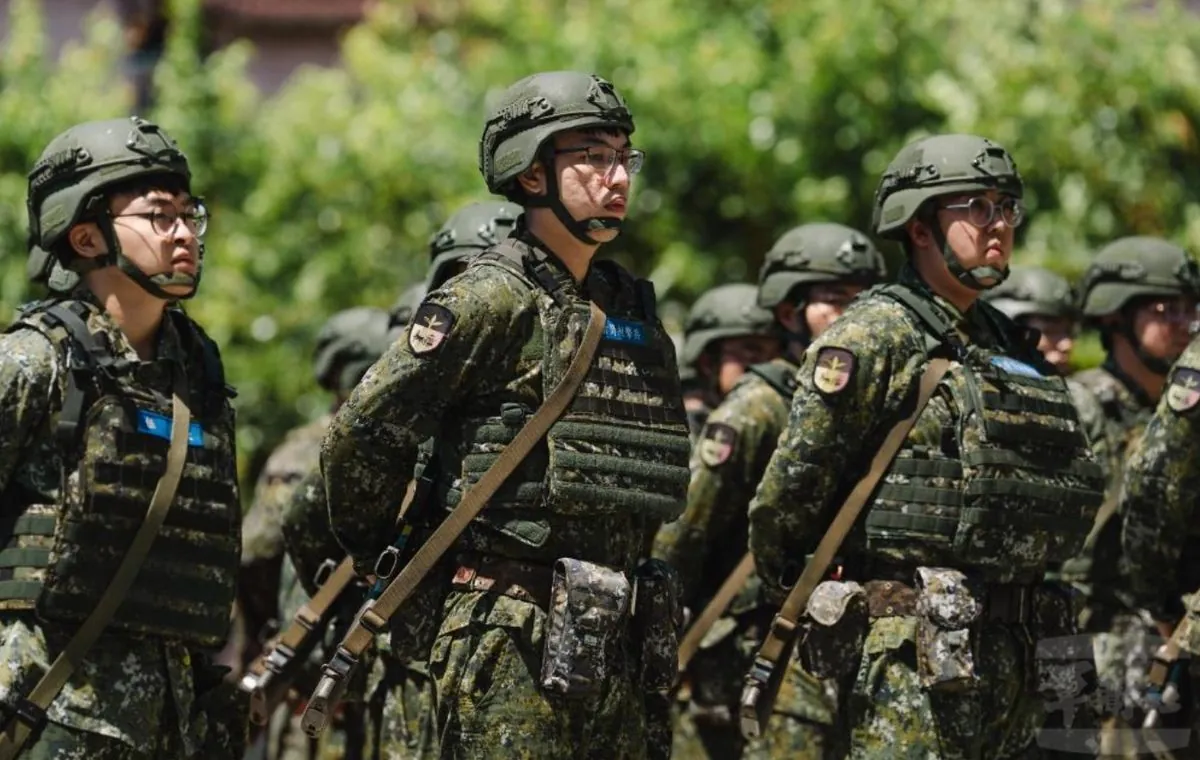Russia Rejects Nuclear Talks with US, Citing NATO Expansion Concerns
Russia dismisses nuclear dialogue with the US, citing NATO expansion as a security threat. The decision comes as the current strategic nuclear weapons treaty approaches expiration in 2026.

Russia has declined to engage in nuclear discussions with the United States, citing concerns over NATO's expansion into former Soviet territories. This decision, announced by Maria Zakharova, the Russian Foreign Ministry spokeswoman, on October 2, 2023, highlights the ongoing tensions between the two nuclear powers.
Zakharova stated, "We see no point in dialogue with Washington without respect for Russia's fundamental interests. First of all, this is the problem of NATO's expansion into the post-soviet space, which poses threats to common security." This stance reflects Russia's longstanding apprehension about NATO's growth since the end of the Cold War.
NATO, founded in 1949 with 12 original members, has expanded significantly since the dissolution of the Warsaw Pact in 1991. The alliance's enlargement to include former Soviet bloc countries has been a point of contention between Russia and the West for decades.
The day following Zakharova's statement, Dmitry Peskov, the Kremlin spokesman, elaborated on Russia's position. He indicated that Russia would not discuss signing a new treaty to replace the current agreement limiting strategic nuclear weapons, which is set to expire in 2026. Peskov emphasized the need for a broader, more inclusive approach that would involve other nuclear states.
This development comes at a critical time in nuclear arms control. The New Strategic Arms Reduction Treaty (New START), signed in 2010 and extended until 2026, is the last remaining nuclear arms control agreement between the United States and Russia. It limits the number of deployed nuclear warheads and delivery systems for both countries.

The history of nuclear arms control between the two nations is extensive. The first Strategic Arms Reduction Treaty (START) was signed in 1991, marking a significant step in post-Cold War disarmament efforts. Since then, various agreements have been negotiated, implemented, and, in some cases, abandoned.
One notable example is the Intermediate-Range Nuclear Forces (INF) Treaty, signed in 1987 but terminated in 2019 amid mutual accusations of violations. Similarly, the United States withdrew from the Anti-Ballistic Missile Treaty in 2002, a move that Russia viewed as destabilizing.
The concept of "Mutually Assured Destruction" that emerged during the Cold War underscores the gravity of nuclear negotiations. This doctrine, along with the "Nuclear Triad" strategy, has shaped nuclear deterrence policies for decades.
"We see no point in dialogue with Washington without respect for Russia's fundamental interests. First of all, this is the problem of NATO's expansion into the post-soviet space, which poses threats to common security."
Russia's recent actions have further complicated the nuclear landscape. In February 2023, Russia suspended its participation in the New START treaty, raising concerns about the future of arms control.
The international community has made efforts to reduce nuclear risks, such as the Nuclear Non-Proliferation Treaty of 1970 and the more recent Treaty on the Prohibition of Nuclear Weapons, which entered into force in 2021. However, major nuclear powers, including Russia and the United States, have not joined the latter.
As the 2026 expiration of New START approaches, the absence of dialogue between Russia and the United States raises questions about the future of global nuclear security. The international community watches closely, as symbolized by the Bulletin of the Atomic Scientists' "Doomsday Clock," which represents the risk of global catastrophe.
The path forward remains uncertain, but the history of nuclear diplomacy suggests that even in times of high tension, avenues for negotiation can emerge. The challenge now lies in finding common ground amidst diverging security concerns and geopolitical interests.


































